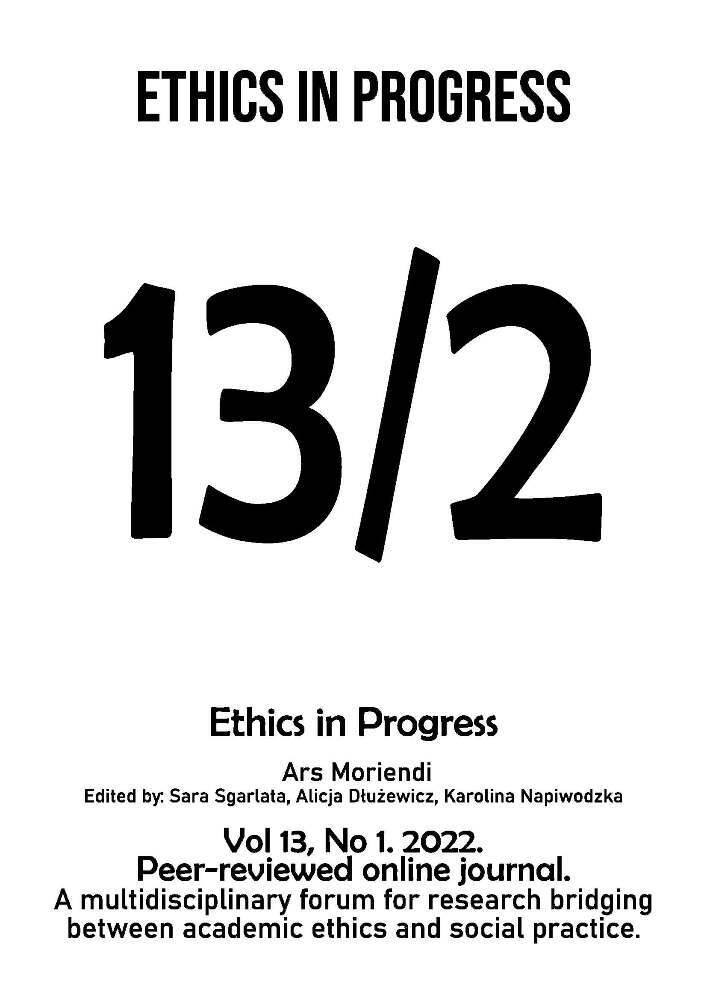Abstract
This is a review of Anthony Stavrianakis’ book Leaving. A Narrative of Assisted Suicide (University of California Press, 2019). Medically-assisted suicide still raises many issues and controversies of various types: ethical, legal, organizational and institutional. The situation varies greatly between countries, and depends on health care policies and socially recognised values. However, the overriding question is as follows: under what conditions should this form of death be allowed? Among the arguments that are well known, recognized and now tame, Stavrianakis’ research brings new light and perspective. The author goes deeper and searches for the real motives driving people to choose this manner of death. He sees the nuances and recounts the difficulties. In this article, I highlight aspects of Stavrianakis’ work that I find relevant and crucial for the issues considered.
References
Durkheim É. 1897. Le Suicide: Étude de Sociologie. Paris: Félix Altan.
Foucault M. 1990. The Use of Pleasure, vol. II of The History of Sexuality, trans. R. Hurley. New York: Vintage.
Kant I. 2006. Anthropology from a Pragmatic Point of View, trans. R. D. Louden. Cambridge NJ: Cambridge University Press.
Lifecircle. URL: https://www.lifecircle.ch/en/?no_cache=1 (retrieved on 1 July 2022).
Quill T. E. & Sussman B. 2015. “Physician-Assisted Death,” The Hastings Center. Retrieved on 27 July, 2022, URL: https://www.thehastingscenter.org/briefingbook/physician-assisted-death/.
Rabinow P. 2008. Marking Time: On the Anthropology of the Contemporary. Princeton NJ: Princeton University Press. https://doi.org/10.1515/9781400827992 DOI: https://doi.org/10.1515/9781400827992
Stavrianakis A. 2019. Leaving. A Narrative of Assisted Suicide. Oakland: University of California Press. https://doi.org/10.1525/9780520975545 DOI: https://doi.org/10.1525/9780520975545
License

This work is licensed under a Creative Commons Attribution-ShareAlike 4.0 International License.





